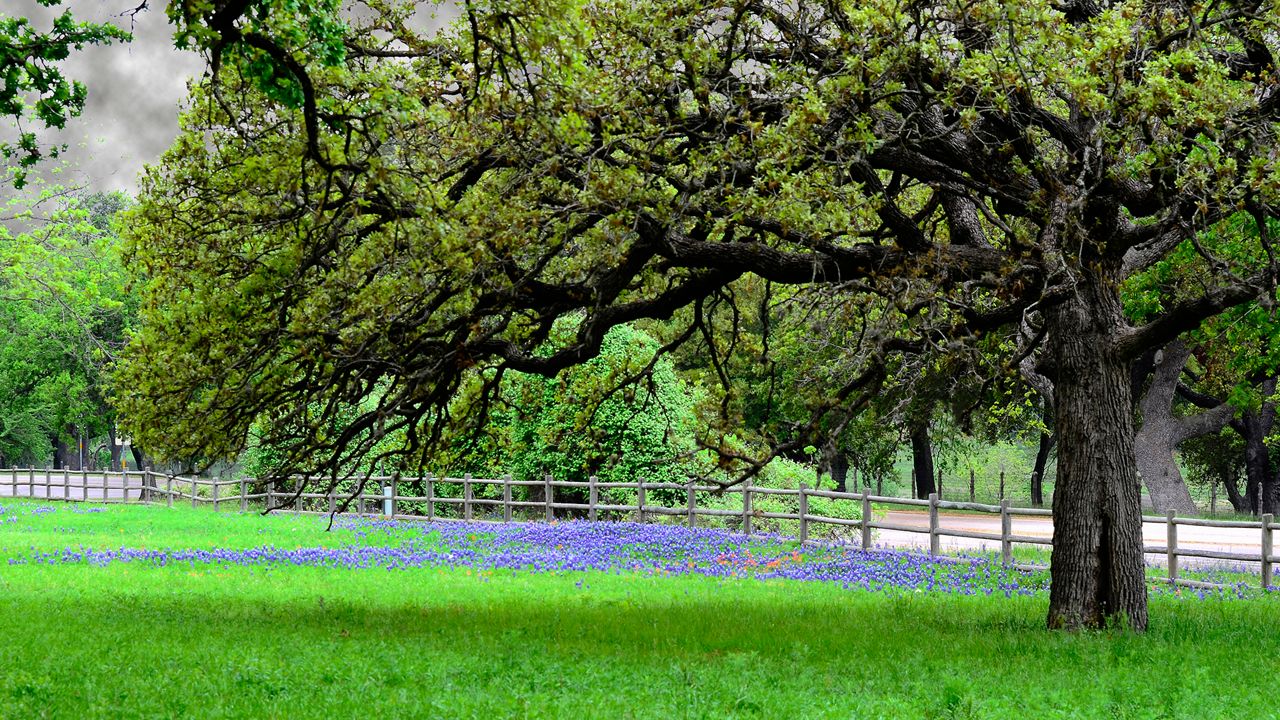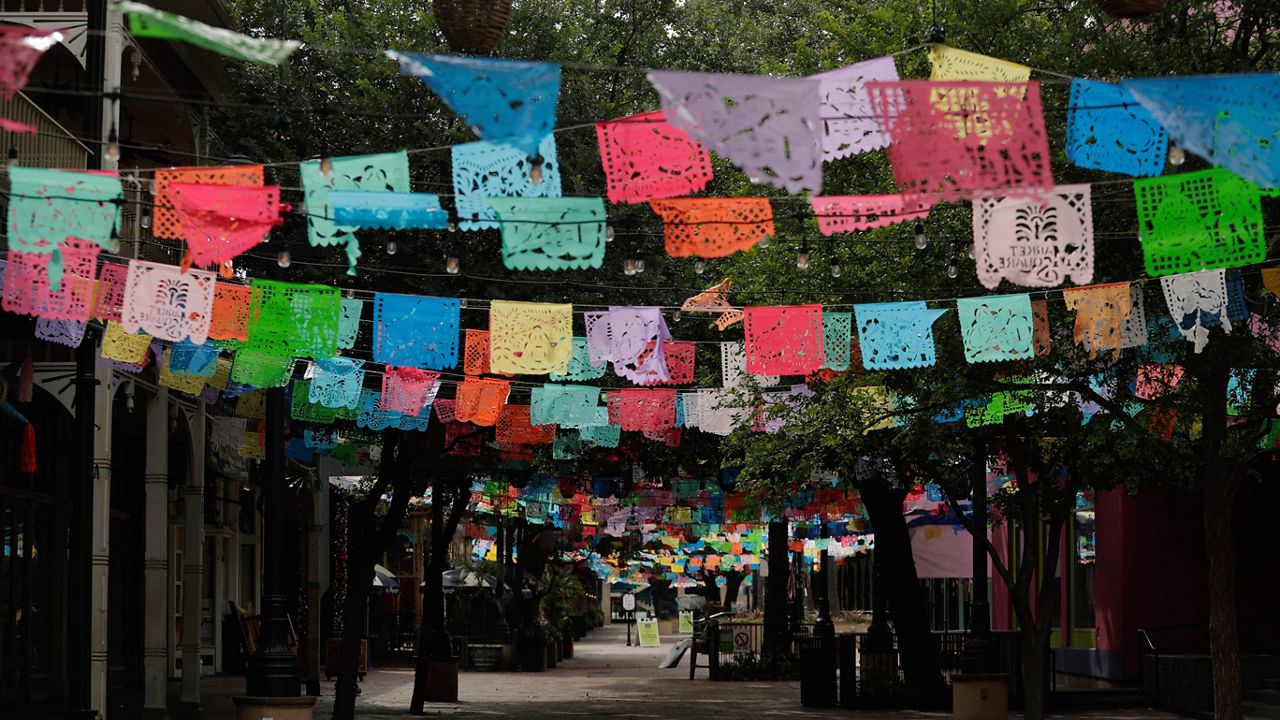SAN ANTONIO — It was easy for Adan Mendez to explain his experience taking Mexican American Studies, better known as MAS.
“Why is Mexican American Studies important? Simple question, but a complicated answer,” Adan said.
This is Adan Mendez’s first year taking MAS.
Adan is an eighth-grader at Bonham Academy in San Antonio ISD.
One lesson really peaked his interest — the Zoot Suit Riots.
“Pachucos, or most Mexican people, would wear a certain kind of clothing, which people would find as thugs,” Adan said.
It’s a history most students probably won’t learn about until they’re in college.
Bonham is now celebrating five years of MAS. It’s a program that started out with just two students and a lot of fundraising.
This comes after a five-year battle the Texas Board of Education had over MAS in 2019.
“The activists who came before us-’60s, ‘70s, ‘80s and ‘90s-their work is this. I am doing what they fought for”, Anita Cisneros, Bonham MAS teacher, said.
When Cisneros was in college, she saw the fight UTSA had to undertake in order to get MAS on campus. The university is now celebrating 30 years of MAS.
“My last semester in class, I took my first and only Chicano studies class,” Cisneros said.
Robyn Revelez, seventh-grader at Bonham, says she has a better understanding of who she is.
Her older brother was in the first-ever MAS class. Programs are not well supported and are usually the first to get cut — SAISD’s Lanier high school lost their MAS program last year.
Lanier is a school that sits in a barrio, a neighborhood, that is studied in Mexican American Studies classes.
“I think it’s pretty cool that they kept up with it instead of shutting it down,” Robyn said. “Each year you learn something new from the last class you had.”
Whether it be Emma Tenayuca or Willie Velasquez.
The Texas Board of Education is in discussions to approve an American Indian/Native Studies class - the same way MAS was discussed 10 years ago.
“It makes me happy we are able to have such a terrific opportunity like this. I understand that not all schools are able to have a class like this,” Adan said.
Opportunities, he says, that are connecting him to his roots.











